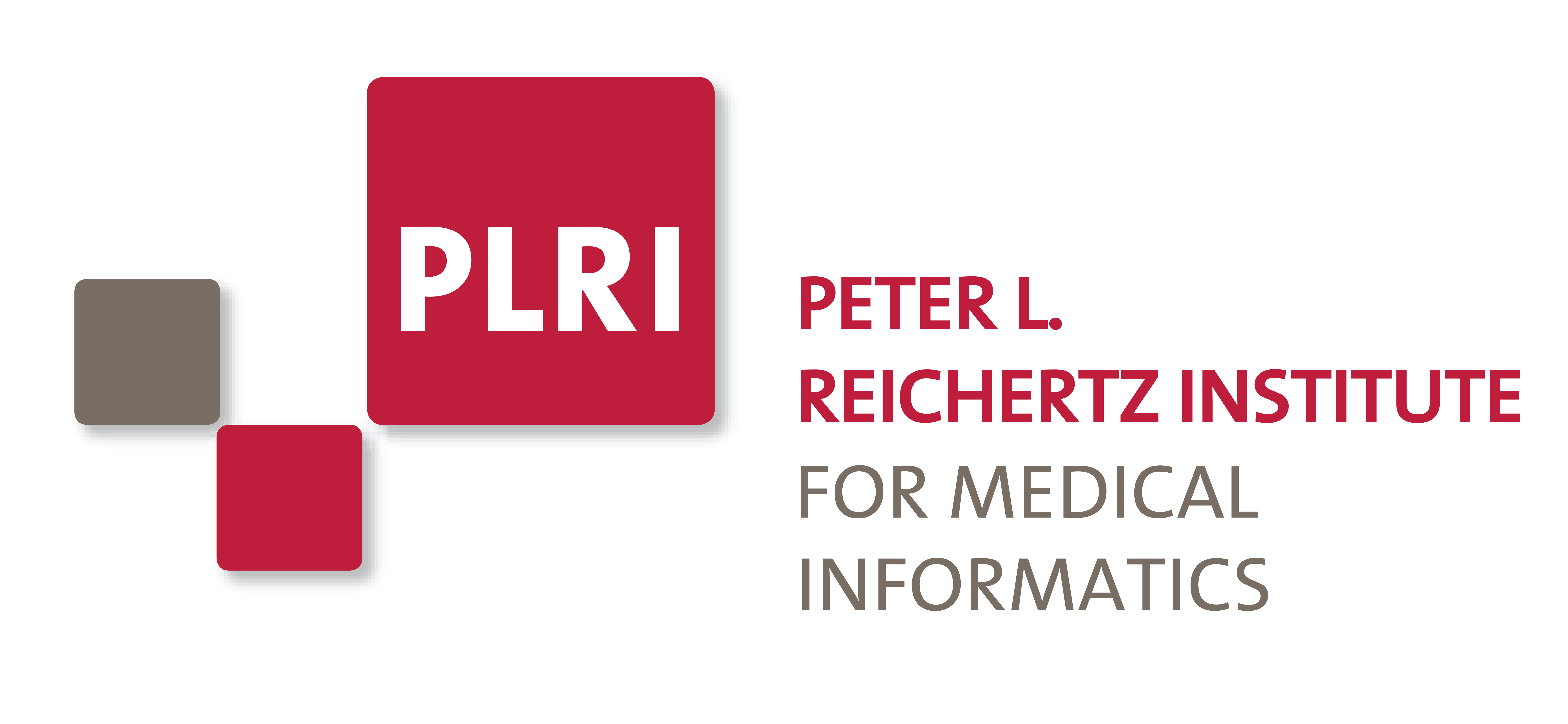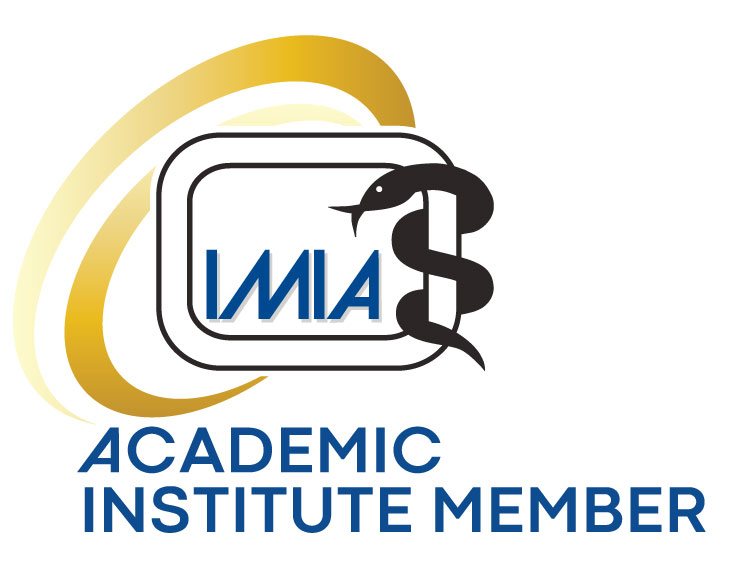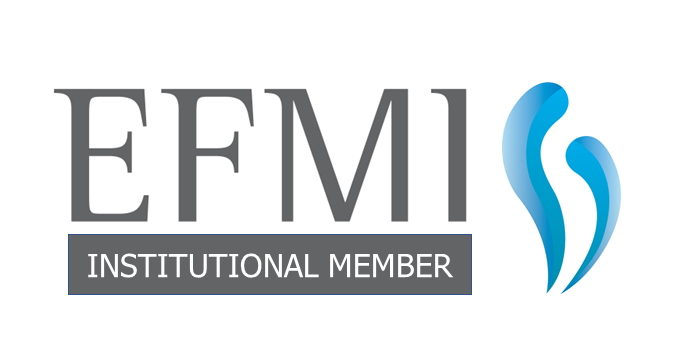
IMIA Working Group on Accident & Emergency Informatics
Working Group on Accident & Emergency Informatics in the International Medical Informatics Association (IMIA)
Project Lead
Project partners
The working group's founding members from Argentina, Australia, China, Mexico, Japan, Jordan and the United States of America represent a global network:
APAMI – Asia Pacific Association for Medical Informatics
- Michio Kimura, Director, Medical Informatics Department, Hamamatsu University School of Medicine, Handa Hamamatsu, Japan
- Klaus D. Veil, Vice President, Australian Council of Professions; and Principal Partner, DigitalHealth & HL7 Education Partners, Avalon, Australia
- Yingjuan (Jenny) Cao, Vice Director, Nursing Dept. of Qilu Hospital of Shandong University, Jinan Shandong, China
- Liping Jiang, Director, Nursing Department, Xinhua Hospital affiliated to Shanghai Jiaotong University School of Medicine, Shanghai, China
EFMI – European Federation for Medical Informatics
5. Thomas M. Deserno (Chair), Germany
6. Reinhold Haux, IMIA Award of Excellence Recipient, Braunschweig, Germany
IMIA LAC – Regional Federation of Health Informatics for Latin America and the Caribbean
7. Fernán González Bernando de Quiros (Co-Chair), Argentina
8. J. Amado Espinosa Lobato, Director and CEO, Medisist, Guadalajara, Mexico
9. Maria Victoria Guissi, Coordinator IT Healthcare, City of Buenos Aires, Argentina
10. Carlos Otera, Chief Medical Information Officer, Hospital Italiano, Buenos Aires, Argentina
IMIA North America
11. Christoph U. Lehmann, IMIA President, Nashville, TN, USA
12. Xinxin (Katie) Zhu, IBM Watson Research, Wellness Management, Yorktown Heights, NY, USA
MEAHI – Middle East Association for Health Informatics
13. Najeeb Al-Shorbaji (Suggested Co-Chair), Jordan
If you are interested to join the working group, please contact the WG Chair at eMail: thomas.deserno@plri.de.
Summary
Medical informatics is currently turning into a data-driven discipline. In Germany, the federal government is making considerable investments to interconnect information from medical data repositories (e.g. electronic health records) for improved healthcare and better biomedical research.
However, there is a need to interconnect not only health records from different healthcare databases but also to connect health data with other data sources. Accident & emergency informatics (A&EI) is a novel and trans-disciplinary science of systematic collecting and managing medical data as well as sensor data from the human environment (e.g. acceleration sensors a vehicle), their syntactic and semantic integration and their analytics, in order to forecast, prevent, or lower the impact of such events on the subject.
This new IMIA Working Group on A&EI will foster sharing and semantic linkage of health data with environmental sensor data from smart implants and wearables to smart vehicles and homes, as well as future smart cities. Exemplary application areas are:
- Traffic accidents: A broad variety of data is collected by modern cars. Nowadays, a car knows about seat occupation, buckle status, weather, traffic situation, speed, acceleration etc. This data characterizing an accident event can be linked to health data to enable automatic personalized emergency calls (“eCall 4.0”).
- Health-enabling technologies: The same principle can be applied to (smart) home environments and wearables monitoring a person’s health based on medical and non-medical activity data. Interconnecting such information could for example allow for automatic detection of adverse medical events.
- Internet of things: smart toilets will analyze liquid and solid human waste to compre-hensively monitor the individual’s health status, and may generate alerts when abnormal measures indicate adverse events.

A full description can be taken from the bid as submitted to IMIA, please click here: 2017-11-27_imia-wg-proposal-accidentresearch.pdf
Duration
The working group was approved during the General Assembly Meeting of the IMIA on October 9th 2018 in Colombo, Sri Lanka.





